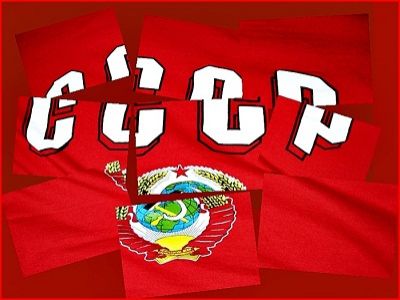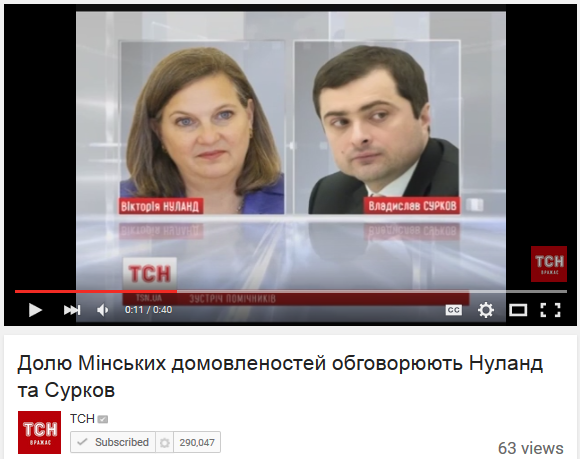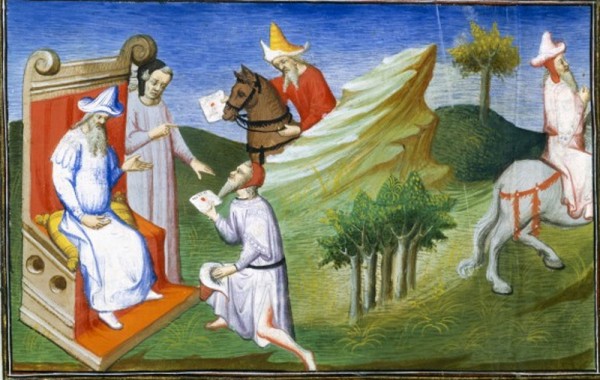The sanctions against Russia are causing significant problems for European companies – by contrast, their American competitors are continuing to do good business. According to Russian statistics, trade between the United States and Russia grew in the prior year by around 6%. By contrast, trade with countries in the European Union (EU) contracted by almost 10%. In the first two months of 2015, trade between the EU and Russia collapsed by a third. Der SPIEGEL (German news magazine - Ed.) reported this in its most recent edition.
“The Americans first exerted a great amount of pressure on Europe to enact tough sanctions,” said Frank Schiff, managing director of the Association of European Business in Moscow. “The fact that they themselves have expanded trade with Russia in the previous year is remarkable.”
At the beginning of the week, the Texas-based company Bell signed a licensing agreement with a Russian helicopter manufacturer, despite the fact that the company belongs to the empire of state-owned Rostec (Russian defense conglomerate - Ed.), which is run by Putin confidante Sergei Chemezov. Both Rostec and Chemezov are on the American sanctions list.
Boeing is also undeterred by the sanctions: The aircraft manufacturer continues to operate a development center in the Russian capital with 1,200 employees.
At the same time, Siemens was left out of a billion-dollar contract for modern train units and the construction of a high-speed rail line from Moscow to the booming provincial capital of Kazan. “Before the Ukraine conflict, the Germans would have gotten the nod,” explained an industry insider. Now a Chinese state-owned company has reaped the benefits.





